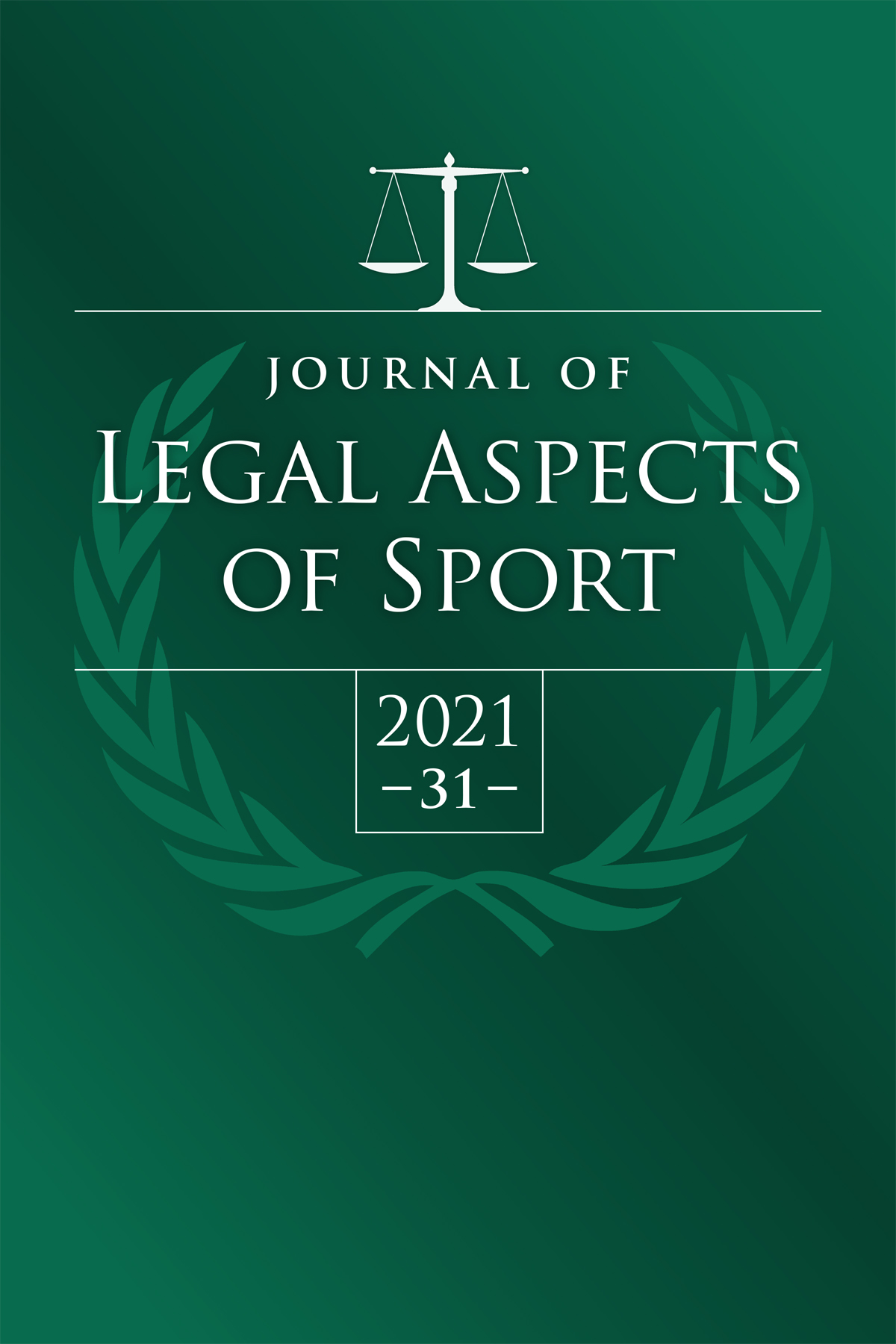The COVID-19 Pandemic, the Empowering Olympic, Paralympic, and Amateur Athletes Act, and the Dawn of a New Age of U.S. Olympic Reform
DOI:
https://doi.org/10.18060/24919Keywords:
United States Olympic and Paralympic Committee, Congress, governance, amateur athletes, antitrust exemptionAbstract
In the fall of 2020, Congress enacted the first substantive changes in the governance of the Olympic Sports system in over four decades. The new law, The Empowering Olympic, Paralympic and Amateur Athletes Act, was passed in the wake of sexual abuse scandals that rocked certain sport governing bodies. In amending the 1978 Amateur Sports Act, the new law grants Congress the power to decertify the United States Olympic bodies, mandates greater athlete representation in governance, and increases funding to protect athletes through greater support of the U.S. Center for SafeSport. Aside from the decertification power, the most significant provision of the new law is the establishment of a Commission on the State of U.S. Olympics and Paralympics to review the governance of the United States Olympic and Paralympic Committee (“USOPC”) and make proposals for change. The Commission’s creation comes at a crucial time in U.S. Olympic governance. Due to the governance scandals, uncertain funding and the general national sports upheaval caused by the COVID-19 pandemic, this article advocates for more significant changes
to the Olympic structure that the commission should consider, such as direct or indirect government funding for the USOPC and the sport governing bodies in return for adherence to more stringent transparency and ethical rules. Ideas that the Commission could consider include mandatory disclosure of information such as sponsorship agreements as well as compensation and bonus limitations for those in key leadership positions, the appointment of an inspector-general, and greater athlete involvement in the U.S. Olympic movement. The article also proposes more statutory changes such as a limited antitrust exemption and the end of special trademark protections for the USOPC.

